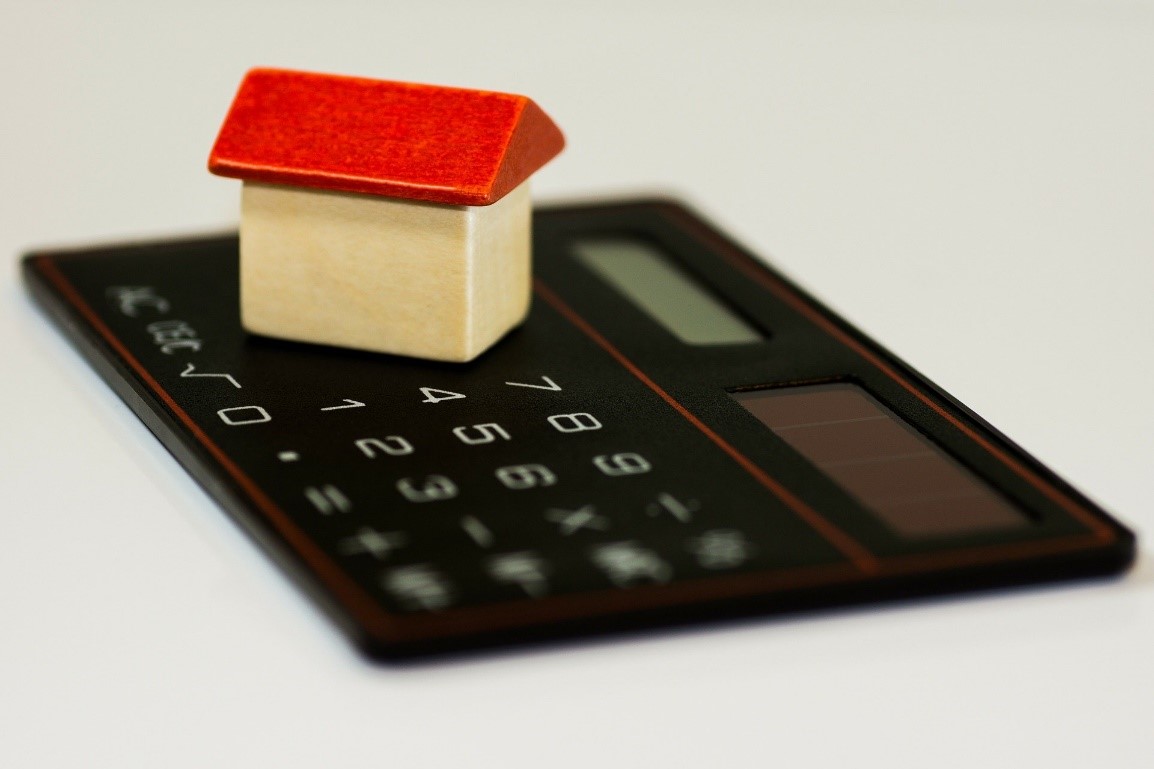Key Takeaways
- Financial peace of mind holds a lot of importance for people, but can come in different forms.
- A common question in the financial world is whether to pay off a mortgage or build up savings.
- There are both subjective and objective answers to this question.
If you were to ask people what their number one hope was for the world, many would answer that it’s world peace. If you were to ask them what their number one financial hope was, though, they’d likely answer that it’s financial peace of mind.

With financial peace of mind comes freedom – freedom from being told that we can’t do something because we owe something to somebody. This pursuit of financial peace of mind comes up when it comes to mortgages. Financial advisors frequently get asked, “Should I pay off my mortgage?” And because the millennial generation is so good at paying down debt, that question comes up more often now than it did with the boomer generation (who didn’t like to pay off debt).

The answer to this question is both subjective and objective. Objectively, let’s do some math. Mortgage rates are very low right now – many people are finding them to be around 3%. If you were to purchase a $300,000 home (which is the current average price) and got a 30-year $250,000 mortgage at 3%, the payment would be $1,054 per month. Say you had an extra $200 each month that you could put towards that mortgage. If you did this each month, you’d pay the house off in 24 years instead of 30 years. Wow! That has to provide some peace of mind, right?
Well, let’s look at the flip side. Again, mortgage rates are incredibly low – in fact, they’re some of the lowest rates in over 50 years, so keep that in mind as we consider another option for that extra $200 each month. This second option would be to put that money into a Roth 401(k). (There’s no tax deduction on the mortgage, and there’s no tax deduction on the Roth 401(k), so they’re even on that count.) If you put $200 away for 24 years in a Roth 401(k) and assume a (over the long term) 6% rate of return, it comes to $125,000.
So let’s compare these scenarios. If you didn’t put the extra $200 towards your mortgage each month, you’d still owe about $70,000 after 24 years. However, if you’ve been putting that money into a Roth 401(k), you’ve got $125,000 after 24 years – meaning you’ve come out $55,000 ahead.

This is where the subjective side of the answer comes into play. Do you feel more comfortable having $55,000 more? Or do you feel more comfortable knowing your mortgage is paid off?
As you can see, there’s not just one correct answer. Rather, these are factors for you to consider when you’re thinking about paying off your mortgage. And, of course, this is just one alternative to paying off your mortgage. You may want to consider other smart ways to use that money. Just walk yourself through it and see what works for you. It’s different for everybody. Until next time, enjoy.
If you’d like to read more on this topic, here are a few of Gary’s previous posts that you might enjoy:

